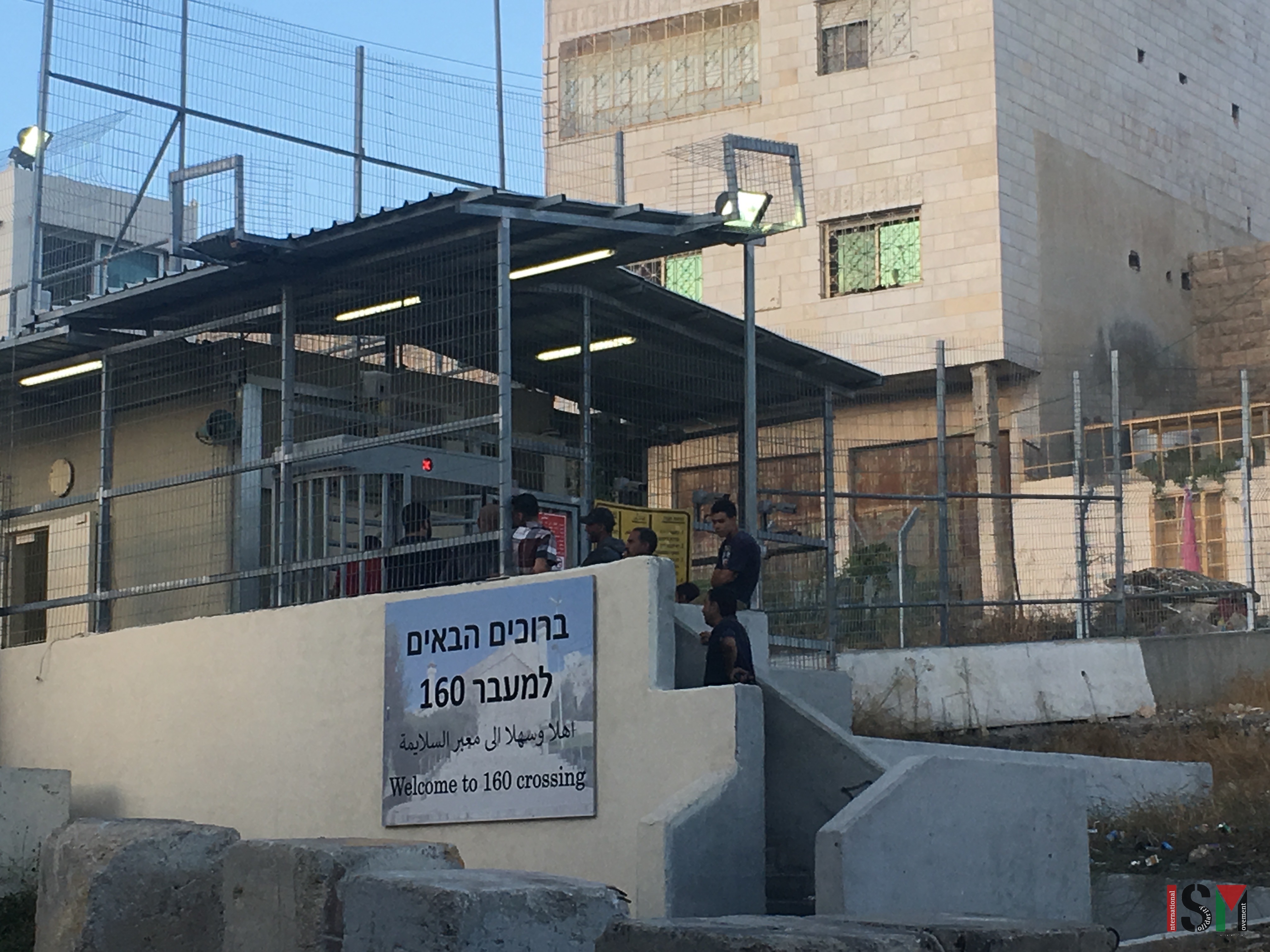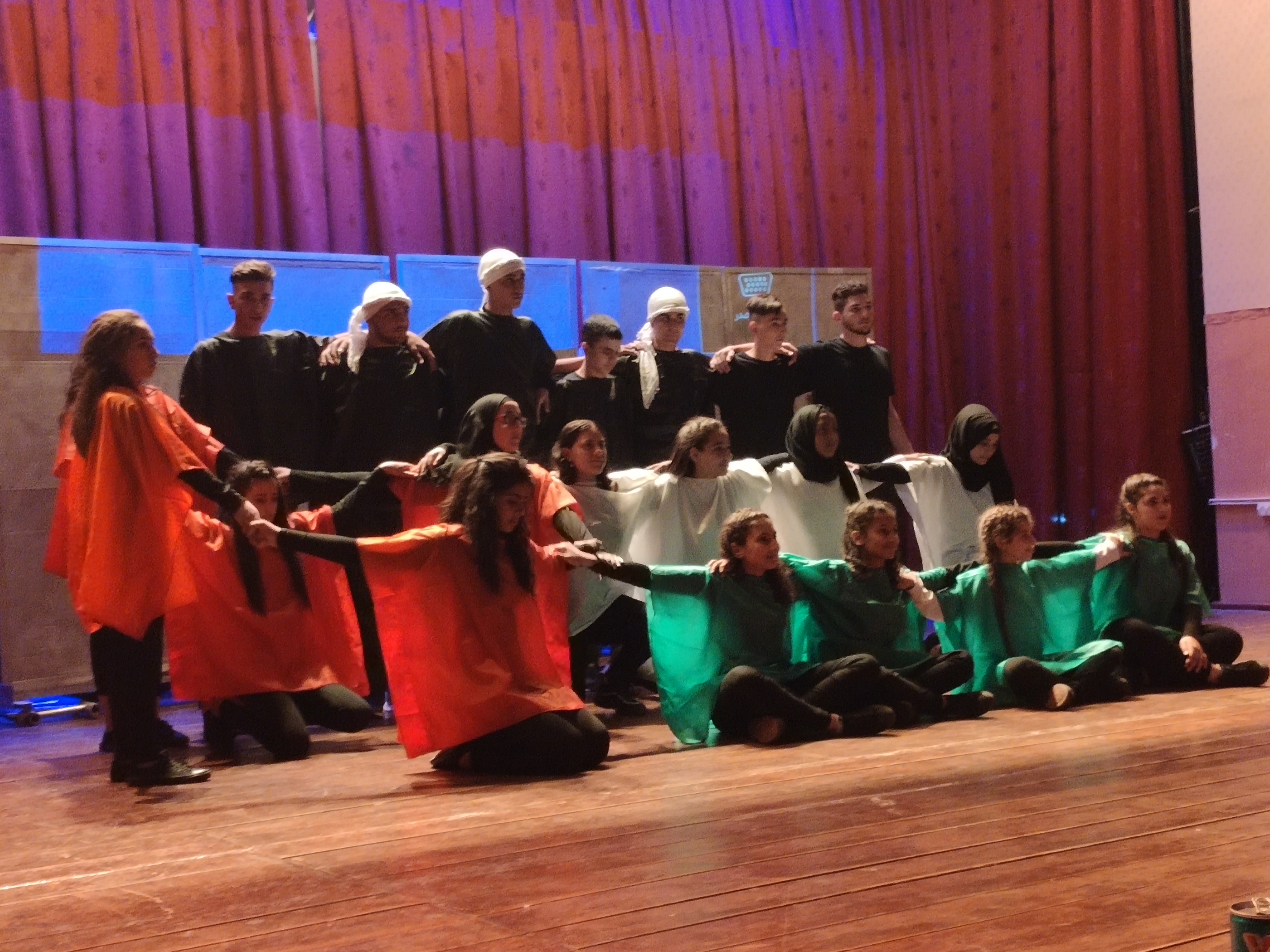Category: Hebron
-
Waiting at a checkpoint
An ISM activist writes about her experiences volunteering in Hebron (Al Khalil) during Netanyahu’s visit to the city.
-
Telling old stories in a new way: Palestinian dabke
At the first annual Hebron Festival, an event organized by the Hebron Municipality to celebrate the culture and history of Palestinians in Hebron, students from across the West Bank put on a theatrical performance, telling of life and history in Palestine through a play combined with music and dabke.
-
Al Shoroq: The activist farmers resisting Israeli annexation in Beit Ummar
August 20 | International Solidarity Movement | Beit Ummar, Occupied Palestine Beit Ummar is an agricultural town and farming community just north of Hebron, with a populace of about 17,000. Al Shoroq, a Palestinian led group comprised of local activists based in the region since 2013 founded by longstanding committee members, work with…



